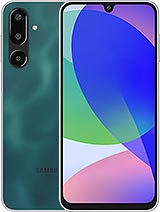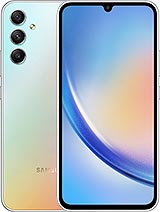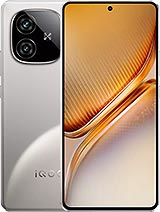Honor X7c alternatives
Tap above to see alternatives.
Motorola Edge 60 Stylus alternatives
Tap above to see alternatives.
Motorola Edge 60 Stylus

Motorola Edge 60 Stylus
-
Snapdragon 7s Gen 2
4 nm
-
5000 mAh
68W
-
6.7"
1220 x 2712 pixels
-
50 MP
4K@30fps
- Specs
2x2.2 GHz Cortex-A78
6x1.95 GHz Cortex-A55
4x2.40 GHz Cortex-A78
4x1.8 GHz Cortex-A55
f/1.8, (wide), PDAF
2 MP
f/2.4, (depth)
f/1.8, 24mm (wide), 1/1.56", 1.0µm, multi-directional PDAF, OIS
13 MP
f/2.2, 16mm, 120˚ (ultrawide), 1/3.0", 1.12µm, PDAF
1080p@30/60/120fps
f/2.2, (wide)
f/2.2, 25mm (wide), 1/3.14", 0.7µm
1080p@30fps
SIM1: Nano, SIM2: eSIM
11 5G bands
n1, n3, n5, n8, n28, n38, n40, n41, n48, n77, n78
In this performance comparison, the Motorola Edge 60 Stylus with its Qualcomm Snapdragon 7s Gen 2 (4nm) performs better than the Honor X7c with the Qualcomm Snapdragon 4 Gen 2 (4nm), thanks to superior chipset efficiency.
Motorola Edge 60 Stylus offers 2 years of OS updates, while Honor X7c does not have confirmed OS update information. Motorola Edge 60 Stylus receives 3 years of security updates, while Honor X7c does not have confirmed security update information.
Motorola Edge 60 Stylus features a superior AMOLED display, while Honor X7c comes with an LCD panel. Both smartphones offer the same 120 Hz refresh rate. Motorola Edge 60 Stylus also boasts a brighter screen with 3000 nits of peak brightness, enhancing outdoor visibility. Notably, Motorola Edge 60 Stylus offers a higher screen resolution, resulting in sharper visuals and more detailed content.
Honor X7c comes with a larger 5200 mAh battery, which may offer longer usage on a single charge. Motorola Edge 60 Stylus also supports faster wired charging at 68W, compared to 35W on Honor X7c. Motorola Edge 60 Stylus supports wireless charging at 15W, while Honor X7c lacks this feature.
Motorola Edge 60 Stylus offers better protection against water and dust with an IP68 rating.
- Honor X7c – Check price here
¹ Scores can vary even with the same chipset due to RAM, thermals, and software optimization.











